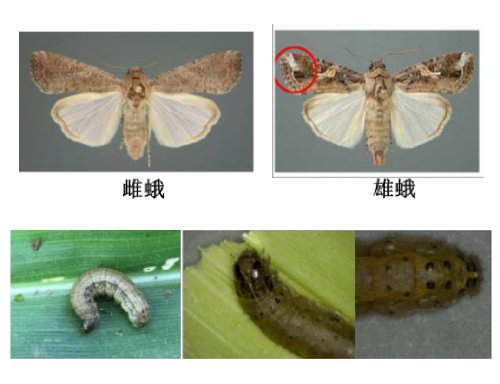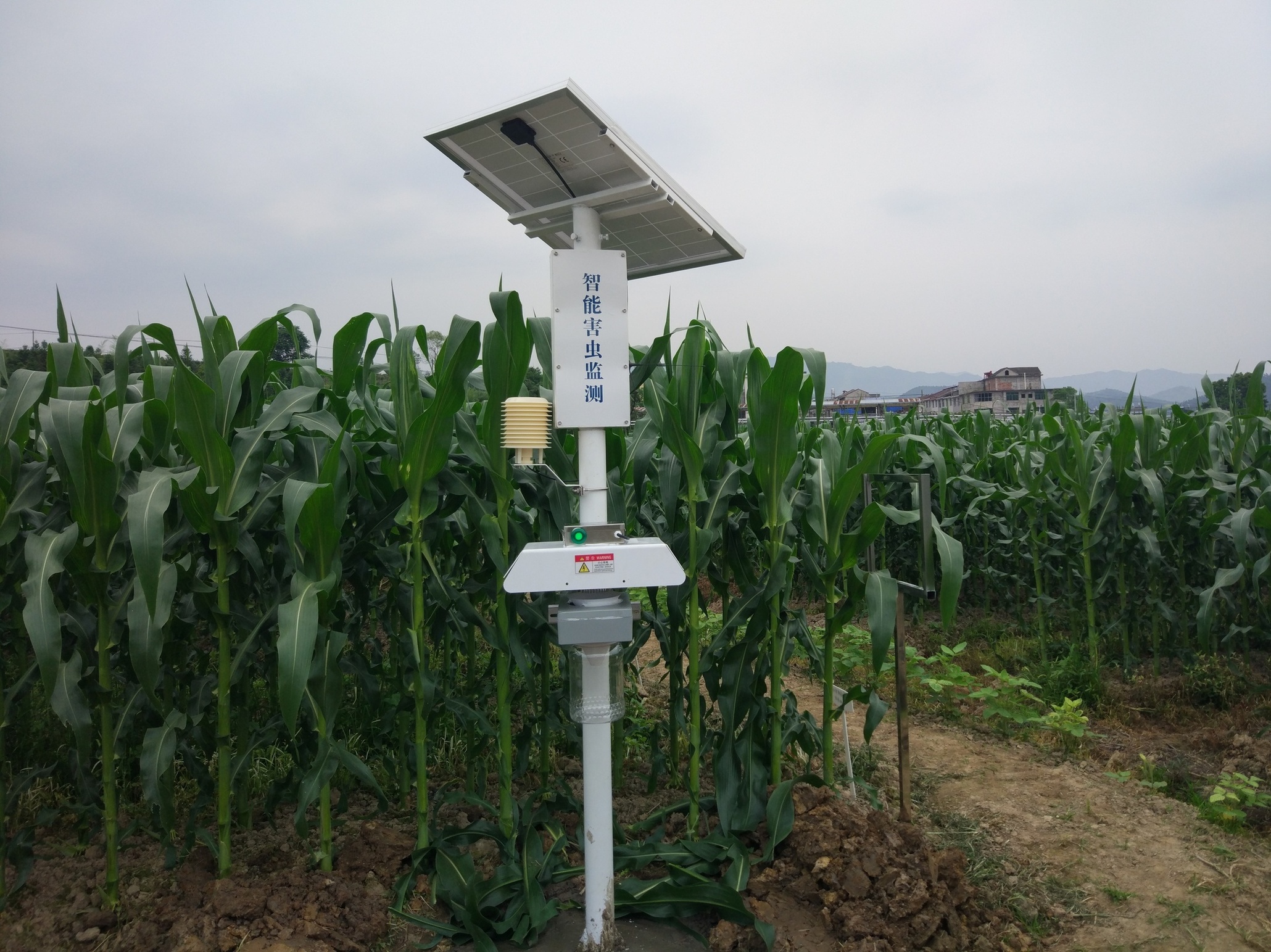ghazi52
PDF THINK TANK: ANALYST

- Joined
- Mar 21, 2007
- Messages
- 104,413
- Reaction score
- 106
- Country
- Location
.,.,.,
APP
August 31, 2023
Punjab Agriculture Secretary Iftikhar Ali Sahu has called on farmers and experts to prioritise the nutritional management of cotton, particularly in the pivotal months of September and October.
Presiding over a virtual divisional cotton management meeting at the Civil Secretariat, he emphasised the need for optimising cotton production, which had dropped sharply in the past few years.
He asked the divisional directors of cotton to document the arrival of raw cotton at ginning factories in a bid to devise a comprehensive strategy for the upcoming crop.
Meeting participants acknowledged the stability of cotton market as a positive factor that would contribute to farmer prosperity and leave a positive impact on the current season crop.
Sahu was joined by officials of the South Punjab cotton and food divisions, who underscored the importance of increased monitoring. Key officials and divisional directors from Multan, Bahawalpur and DG Khan also took part in the huddle.
The agriculture secretary was given a briefing on the generally favourable cotton crop condition across Punjab, during which he underscored the necessity of giving increased attention to the crop.
Meeting participants discussed the targeted pesticide application in hotspot areas and the ongoing harvesting endeavours, which had yielded over 200,000 bales thus far.
While instances of whitefly, mealy bug and pink bollworm infestation had been reported, they did not cause any significant damage. Teams from the Agriculture Extension and Pest Warning Departments were addressing the challenges with the help of advanced chemical treatment.
Responding to concerns voiced by the flood-stricken regions in South Punjab, Sahu underlined the need for comprehensive monitoring and technical support to help farmers in clean cotton picking. The secretary highlighted the significance of boosting cotton production per acre to ensure the prosperity of farmers and maintain national economic stability.
While appreciating officers for their efforts and hard work, he believed that the cotton production target would be achieved in the current season.
Despite infestation, cotton remains safe
Agri-secretary urges need for optimising production to ensure farmer prosperityAPP
August 31, 2023
Punjab Agriculture Secretary Iftikhar Ali Sahu has called on farmers and experts to prioritise the nutritional management of cotton, particularly in the pivotal months of September and October.
Presiding over a virtual divisional cotton management meeting at the Civil Secretariat, he emphasised the need for optimising cotton production, which had dropped sharply in the past few years.
He asked the divisional directors of cotton to document the arrival of raw cotton at ginning factories in a bid to devise a comprehensive strategy for the upcoming crop.
Meeting participants acknowledged the stability of cotton market as a positive factor that would contribute to farmer prosperity and leave a positive impact on the current season crop.
Sahu was joined by officials of the South Punjab cotton and food divisions, who underscored the importance of increased monitoring. Key officials and divisional directors from Multan, Bahawalpur and DG Khan also took part in the huddle.
The agriculture secretary was given a briefing on the generally favourable cotton crop condition across Punjab, during which he underscored the necessity of giving increased attention to the crop.
Meeting participants discussed the targeted pesticide application in hotspot areas and the ongoing harvesting endeavours, which had yielded over 200,000 bales thus far.
While instances of whitefly, mealy bug and pink bollworm infestation had been reported, they did not cause any significant damage. Teams from the Agriculture Extension and Pest Warning Departments were addressing the challenges with the help of advanced chemical treatment.
Responding to concerns voiced by the flood-stricken regions in South Punjab, Sahu underlined the need for comprehensive monitoring and technical support to help farmers in clean cotton picking. The secretary highlighted the significance of boosting cotton production per acre to ensure the prosperity of farmers and maintain national economic stability.
While appreciating officers for their efforts and hard work, he believed that the cotton production target would be achieved in the current season.



